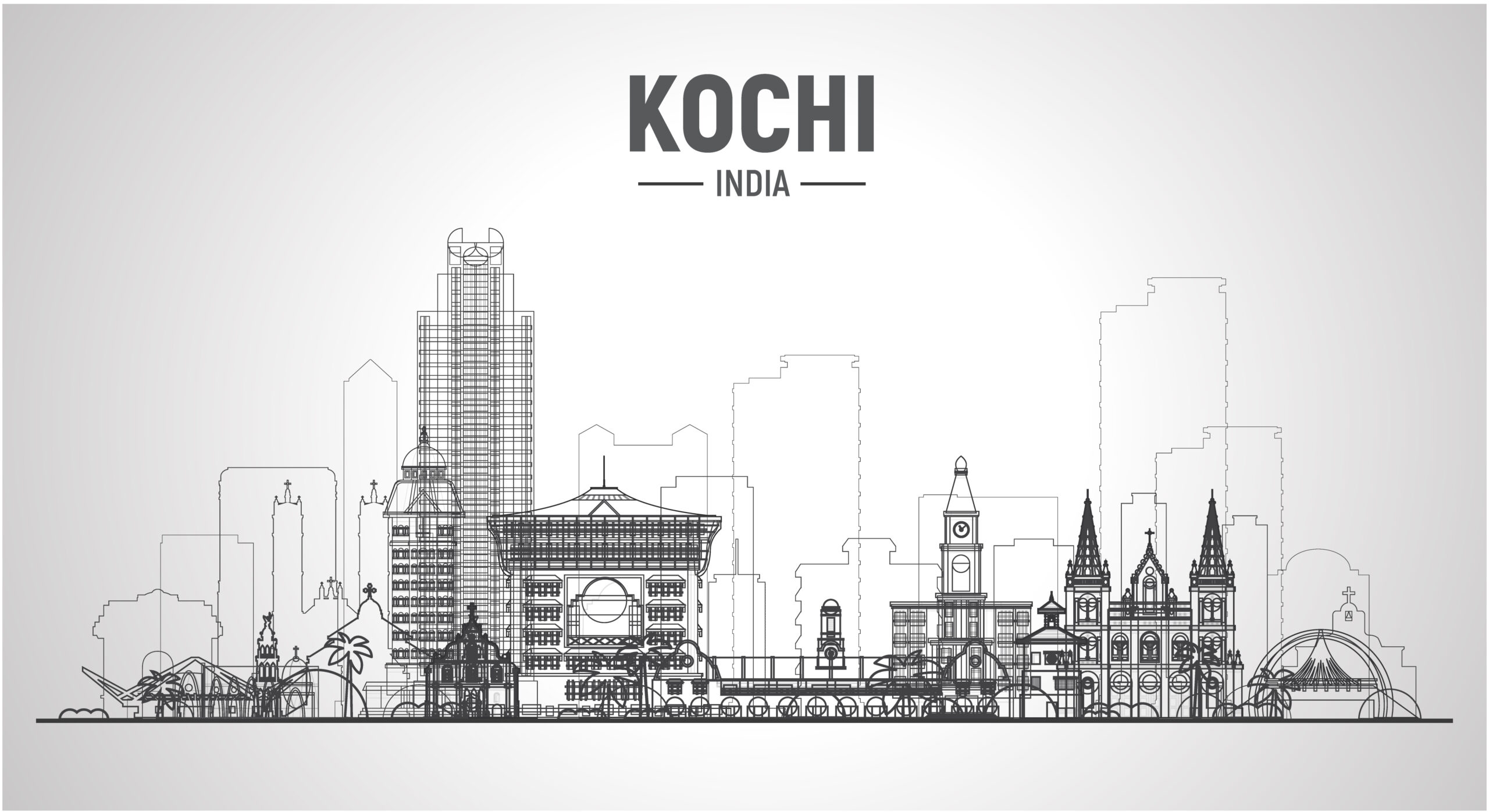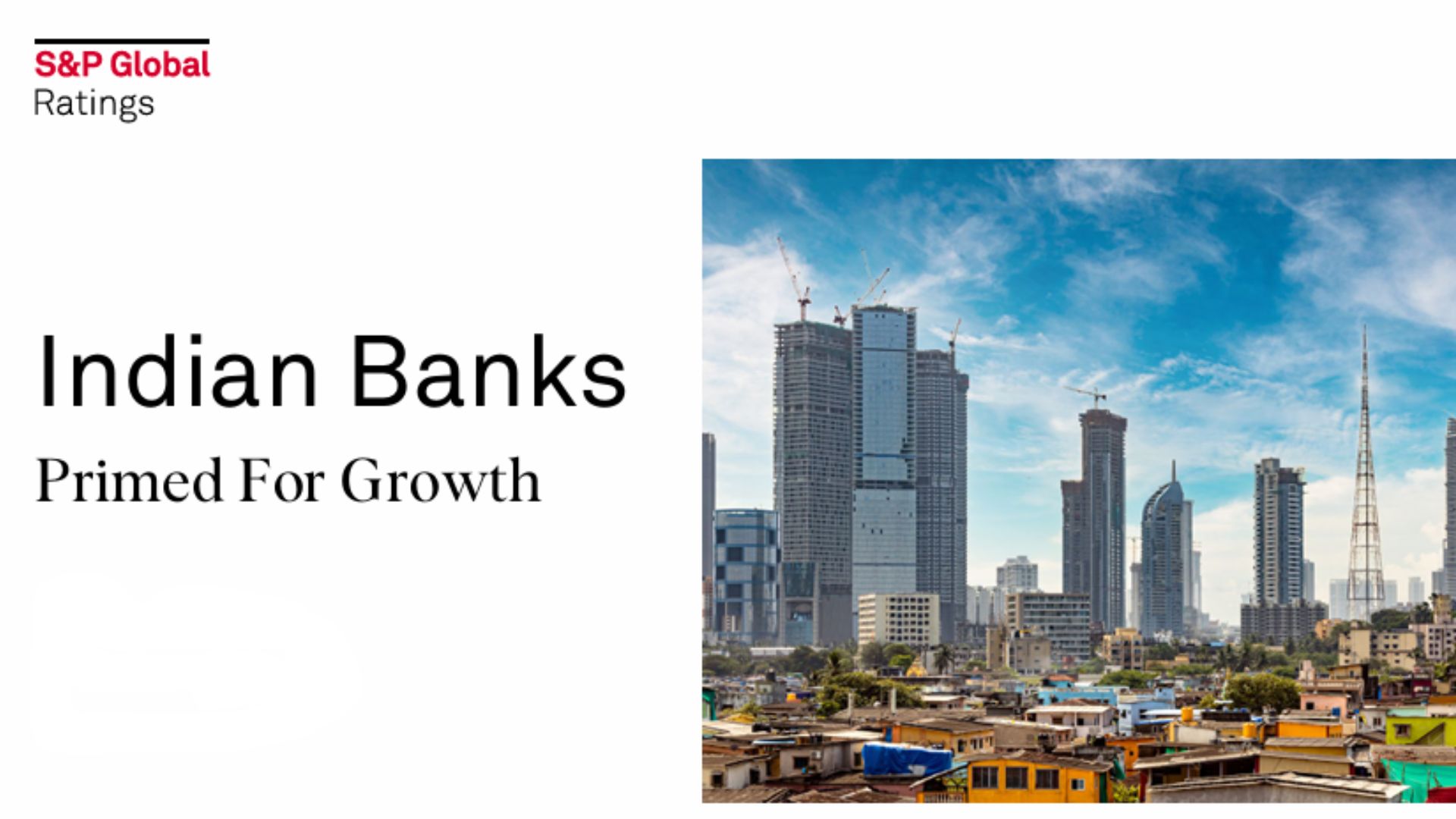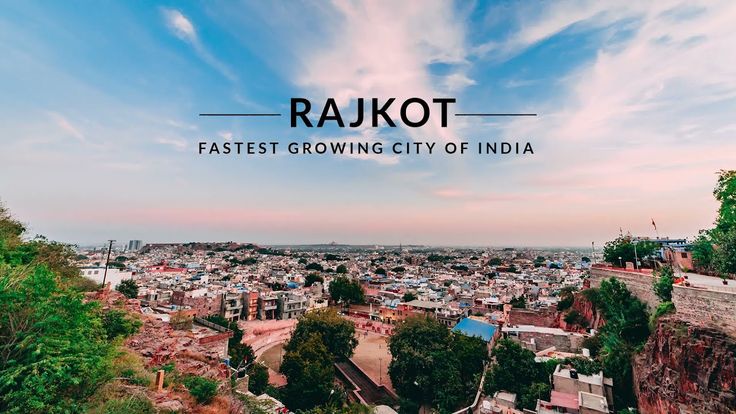SMEs and FTAs: The Promise and the Pitfalls

India’s trade diplomacy is entering one of its most energetic phases in decades. Over the past four years, six significant free trade agreements have been signed with partners ranging from the UK and Australia to Mauritius and Mercosur. Negotiations with the European Union, the Gulf Cooperation Council, Canada Israel and the BIMSTEC bloc are progressing in parallel, signalling a pipeline of deals that could fundamentally alter the country’s export calculus. For policymakers, these agreements reinforce India’s integration into global supply chains. For India’s small businesses, they are more than strategic wins on paper—they represent potential lifelines into new markets and higher-value opportunities.
What the Recent Pacts Deliver
Among the recent accords, the India–UK pact stands out for its breadth. By offering duty-free access to nearly 99 per cent of Indian export tariff lines, it could transform the prospects of labour-intensive hubs such as Tiruppur, Kanpur and Kolhapur. Exporters in textiles, leather, footwear and jewellery—long burdened by stiff duties in Europe—now have a chance to price their products competitively and reclaim market share from Asian rivals. Equally significant is the reduction in tariffs on medical devices and electronics, a measure that may allow med-tech and component manufacturers to scale up faster and achieve regulatory credibility in advanced markets.
The comprehensive agreement with the UAE has emerged as a critical gateway for agriculture, processed foods, gems and textiles. The country’s advanced logistics network reduces delivery cycles, easing working capital pressures that often cripple smaller exporters. Australia’s pact provides preferential access for engineering goods, renewable energy components and metals, a boon for mid-sized industrial units looking to enter high-value markets. Mauritius and Mercosur offer distinctive platforms as well—Mauritius as a springboard for fintech and digital solutions into Africa, and Mercosur alongside the EFTA bloc as entry points for industrial and technology-intensive goods into Latin America and Europe.
Beyond Tariffs: The Expanding Scope
What makes these pacts particularly significant is that India’s strategy is no longer confined to tariff concessions. The scope has broadened to include services, e-commerce, data mobility and intellectual property rights. These provisions are especially relevant for digitally enabled SMEs in fintech, compliance, IT services and cybersecurity who can now build cross-border businesses with a greater degree of predictability.
The Next Wave of Negotiations
The next set of talks will be equally consequential. Discussions with the European Union are already entering their final stretch, with chapters on intellectual property and customs procedures largely agreed. The EU’s Carbon Border Adjustment Mechanism, due to come into effect in 2026, will however impose an additional layer of compliance on Indian exporters. Sectors such as steel, aluminium, cement and fertilisers will need to report emissions and demonstrate cleaner production practices to maintain competitiveness. Similarly, the proposed agreement with the Gulf Cooperation Council could unlock fresh growth avenues in food processing, textiles and renewable energy, while Canada and Israel offer prospects for life sciences, electronics and precision engineering firms. BIMSTEC and Indonesia too could expand regional value chains in electronics, agro-processing and mobility solutions.
Opportunities for the Nimble
The opportunities for small businesses are tangible across sectors. Labour-intensive clusters are poised to gain from duty elimination, while med-tech and diagnostics companies can achieve faster credibility through regulatory alignment with Europe and the UK. Electronics and renewable energy SMEs, already supported by domestic production-linked incentives, can now leverage tariff concessions abroad to move up the value chain. Food processing enterprises, particularly those in frozen seafood, premium spices and packaged foods, will find new markets if they can meet sanitary and phytosanitary standards. In parallel, digital service providers in IT, fintech and regulatory technology will benefit from modern provisions that ease data-enabled trade and professional mobility.
The Persistent Hurdles
Yet, the path is far from frictionless. Certification costs, stringent rules of origin and the burden of meeting environmental and labour standards are significant challenges. The infrastructure deficit in inland freight, warehousing and cold chains continues to erode competitiveness. Awareness of the benefits of FTAs also remains low, with most outreach still concentrated on larger exporters. Perhaps most pressing is the question of finance—upgrading to cleaner technologies, meeting certification norms and insuring shipments require affordable credit, which many SMEs struggle to secure.
Enablers for Growth
For these agreements to translate into genuine growth, the policy ecosystem will need to play a proactive role. Targeted support for certification and environmental upgrades, district-level trade literacy programmes, and ESG-linked finance products could ease the transition. Upgraded logistics and faster customs processes will be essential to prevent tariff gains from being neutralised by inefficiencies. Over the longer term, mutual recognition of standards and simpler rules of origin could provide the consistency that smaller exporters desperately need.
From Access to Credibility
Ultimately, India’s new wave of FTAs is about much more than lower tariffs. The true test for SMEs lies in aligning with advanced global standards, integrating sustainability into production, and adopting digital tools to speed up compliance and delivery. For entrepreneurs who combine quality with readiness, these agreements could mark the difference between being a peripheral supplier and becoming a trusted participant in global value chains. For India, success will mean not just higher exports but a repositioning of the country’s small business sector as a source of high-value, reliable and sustainable goods and services.











